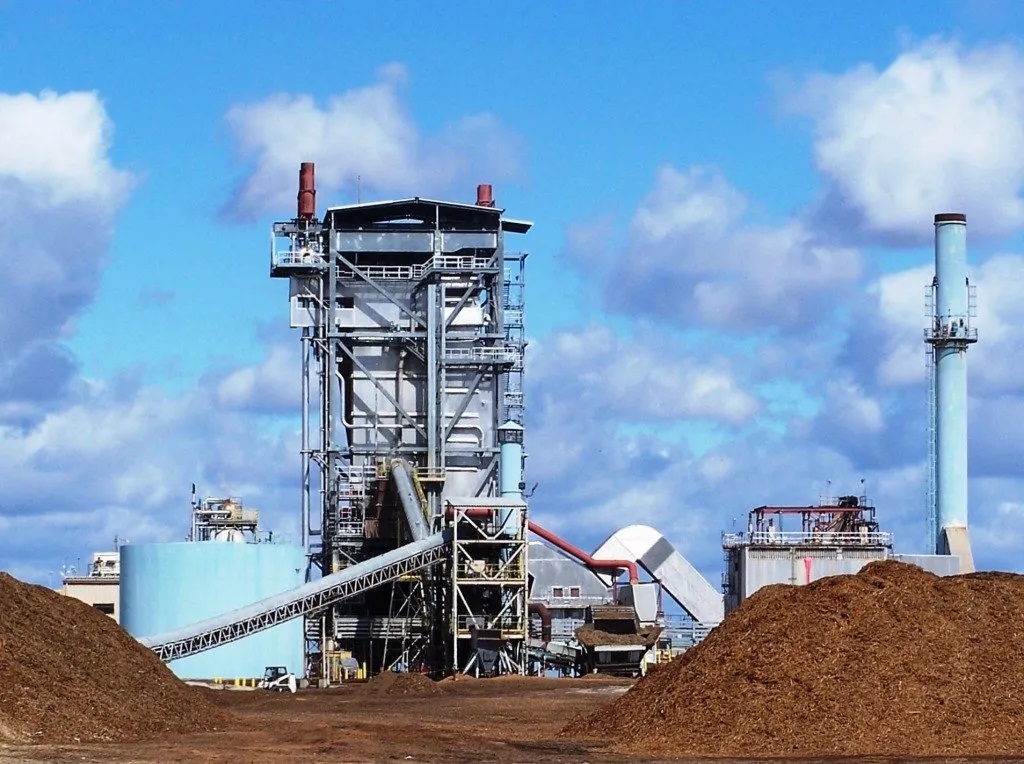Chevron, Schlumberger New Energy, Microsoft and Clean Energy Systems are jointly developing a project for bioenergy with carbon capture and sequestration (BECCS) that could produce carbon negative power in Mendota, California.
The BECCS plant will convert agricultural waste biomass into a renewable synthesis gas that will be mixed with oxygen in a combustor to generate electricity. More than 99 per cent of the carbon from the BECCS process is expected to be captured for permanent storage by injecting carbon dioxide (CO2) underground into nearby deep geologic formations.
By using biomass fuel that consumes CO2 over its lifetime to produce power and then safely and permanently storing the produced CO2, the process is designed to result in net-negative carbon emissions, effectively removing greenhouse gas from the atmosphere.
“We are excited to welcome Chevron and Microsoft on this exciting opportunity, as it further demonstrates how we play an enabling role to deploy carbon capture and sequestration solutions at scale,” said Ashok Belani, Schlumberger New Energy executive vice president. “We are diversifying our portfolio of projects with partnerships in selected markets and geographies where existing policies and regulations can make projects attractive today. This unique BECCS project in California is a game-changing example of this.”
The completed facility will help improve air quality in the Central Valley by using approximately 200,000 tons of agricultural waste annually, in line with the recent California Air Resources Control Board plan to begin phasing out almost all agricultural burning in the Valley by 2025. The bioenergy technology is designed to operate without routine emissions of nitrous oxide, carbon monoxide and particulates from combustion produced by conventional biomass plants.
Latest News
-
Bingo firm raises £300,000 for the Stroke Association
-
Sainsbury’s links up with Comic Relief for festive recipe campaign
-
Shepherd Neame extends air ambulance charity partnership
-
Businesses help festive match funder raise a record £57.4m
-
Firms help fund regional mayors' initiatives to tackle childhood inequality
-
Retailer raises more than £16,000 for Down’s Syndrome group
© 2019 Perspective Publishing Privacy & Cookies







Recent Stories